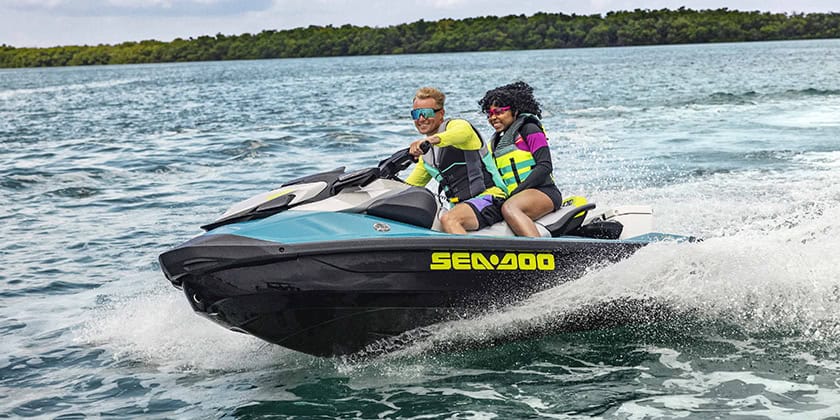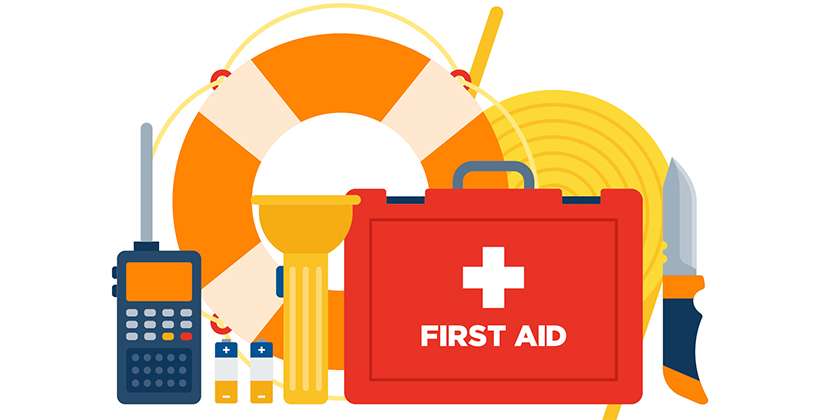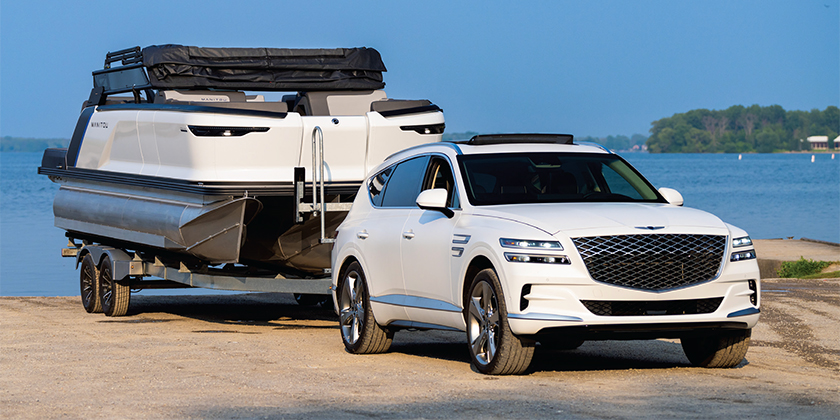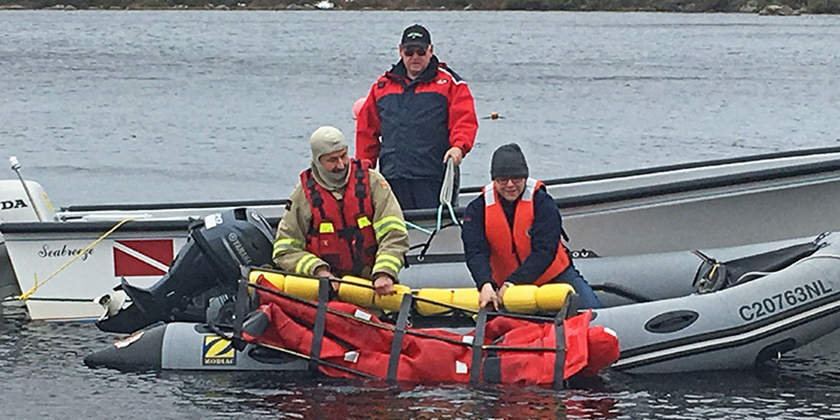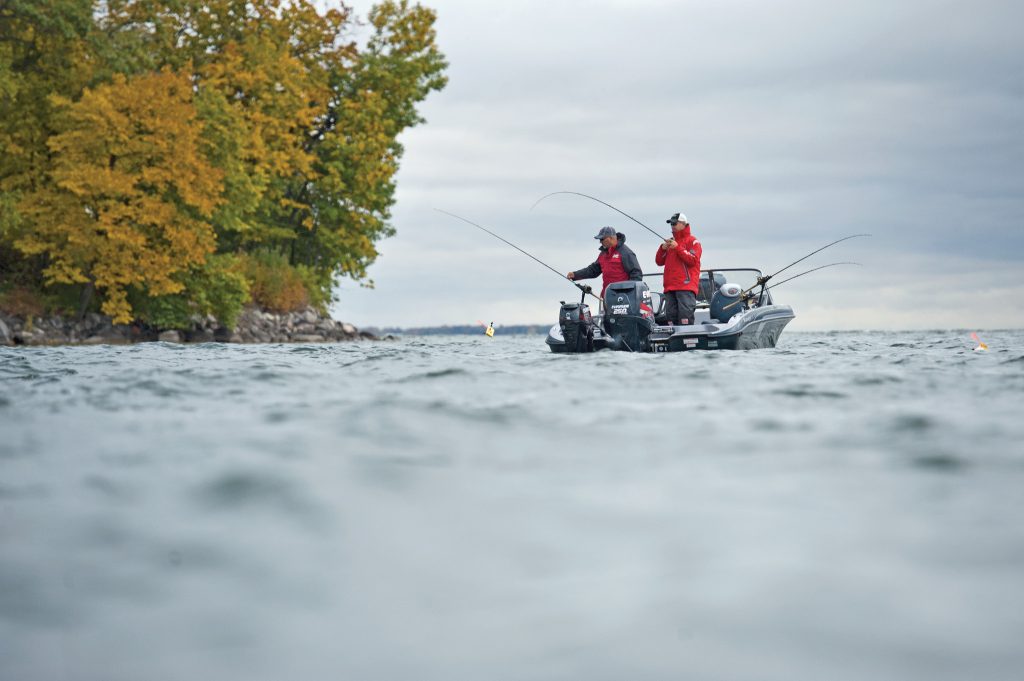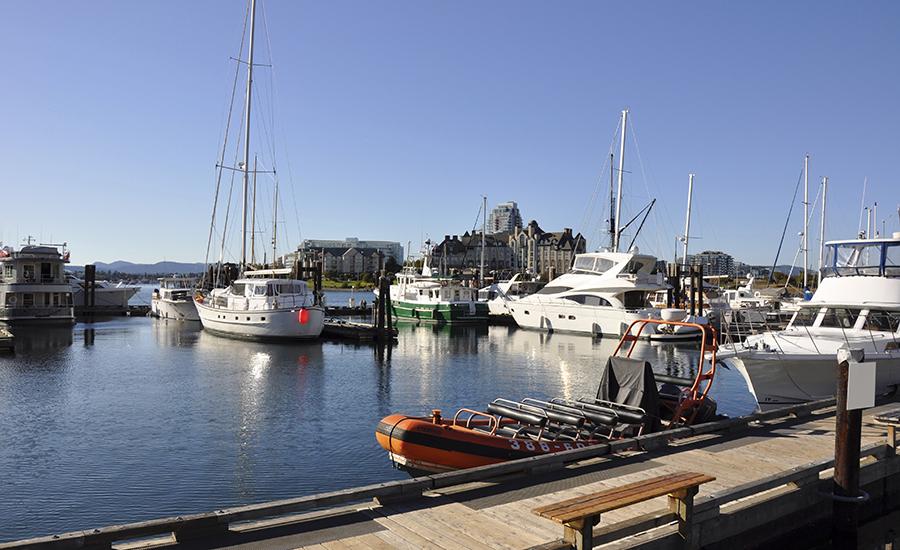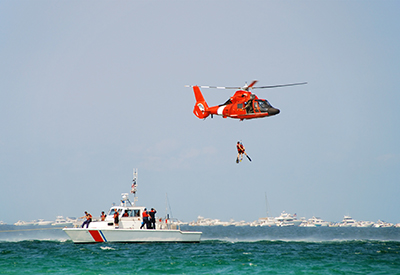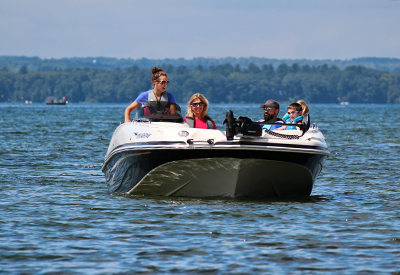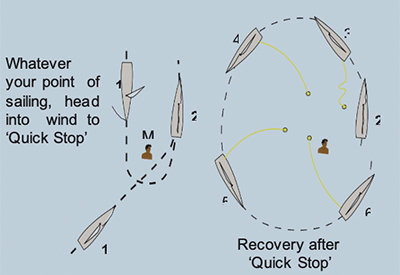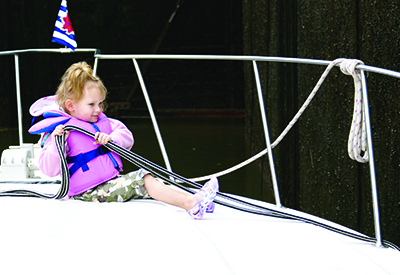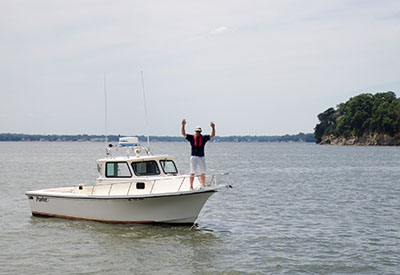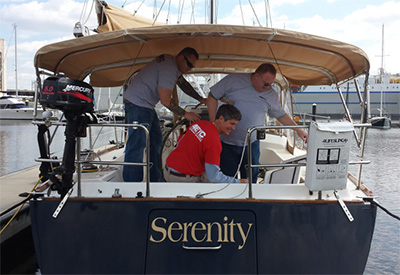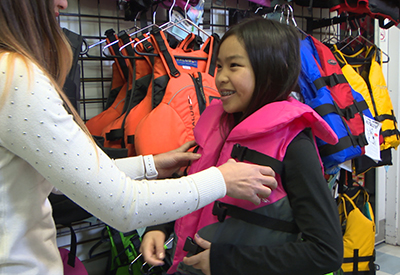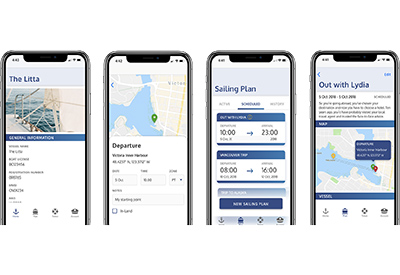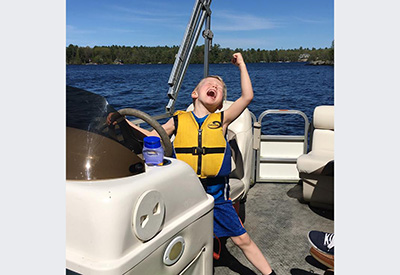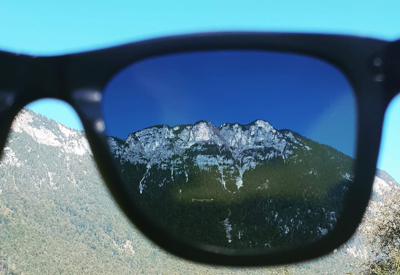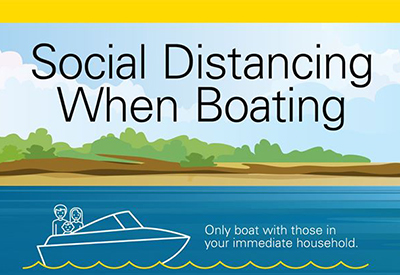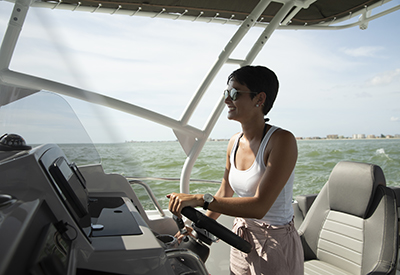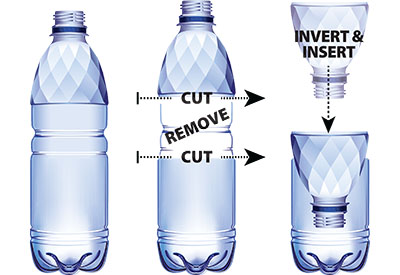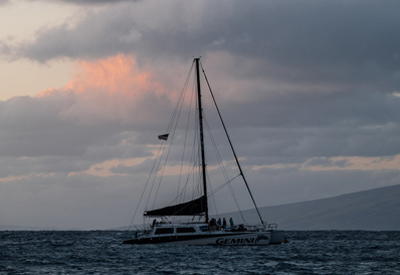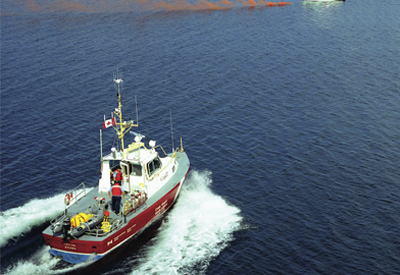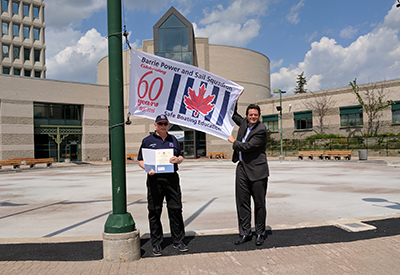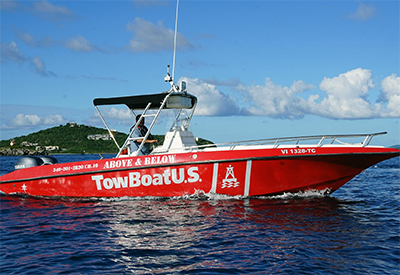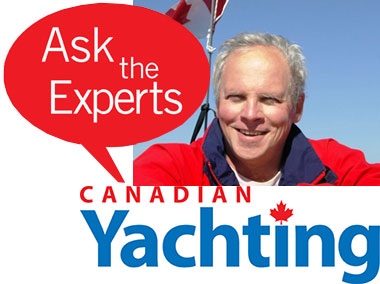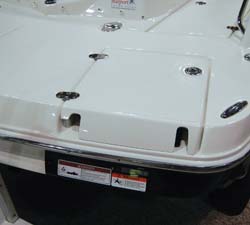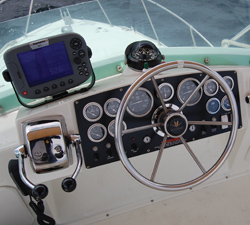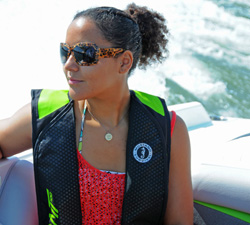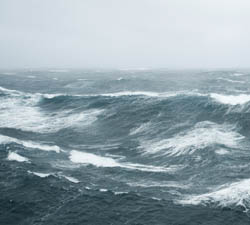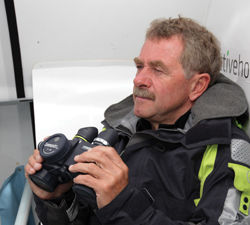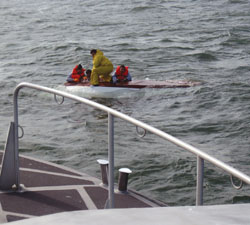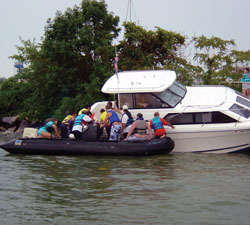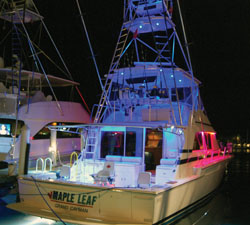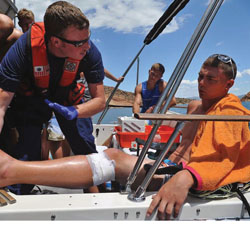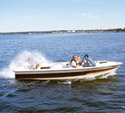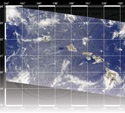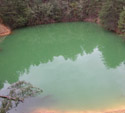July 9, 2024
Safety: Operate Your PWC Responsibly
July 11, 2024 Welcome to the busiest boating season of…
June 17, 2024
Your Onboard Emergency Toolkit – “You had better take it with you…”
I’m superstitious – I admit it. But I have reasons to feel that way. When the lawn is burned out and the gardens are wilting, just wash the car. It’s sure to rain after that. The reverse is true. On a beautiful summer’s day, be always pack a raincoat and an umbrella just in case. It’s certain to stay sunny and clear.
April 19, 2024
Trailering: Go boating where you want with a trailer boat rig
There are lots of important rules (Federal and Provincial law and the Highway Traffic Act) with respect to trailering. The most important first considerations should be: Can my vehicle handle the job? Is my trailer road-worthy? Do I have all the components in working order that will allow me to be safe and secure while driving?
January 9, 2024
Be Safe Around Cold Water This Year!
Jan 11, 2024 The Canadian Safe Boating Council hosts bo…
September 26, 2023
Safety: What’s Different About Fall Boating? 3 Tips
Fall is the time to increase your boating safety preca…
September 12, 2023
Sponsored – Be safe on the water this season
Sept 12, 2023 According to the Drowning Prevention Rese…
July 6, 2022
4 Steps to Control Vessel Flooding
Every year the Coast Guard reports thousands of boating incidents, many which involve collisions with objects or equipment failures. While most boaters have safety gear on board that is legally required, many do not have the tools and materials on-hand to make a critical repair in case of an emergency.
March 8, 2022
7 Smart Safety Suggestions for Spring
I remember with fondness, our opening days at the cottage when my two sons were young. They couldn’t wait to get into their bathing suits and would go charging down the dock to leap into the lake, only to come charging out seconds later howling from the shock of hitting the cold water.
March 7, 2022
Safety: Man overboard procedures
Most of this information is taken from the Canadian Power and Sail Squadrons (CPS-ECP) BOATING 4 – Seamanship course which I have updated and edited.
October 12, 2021
Choosing the right PFD
Finding the right PFD can seem like a daunting task and extends beyond finding one that fits and floats. After all, not all vests work for all people, and no one vest works well for all activities.
May 25, 2021
Safety: Make yourself easier to rescue
“Do I know how to be found in an emergency?” That’s a question every boater should ask at the beginning of the boating season. The answer, however, is likely to go far beyond simply having a cellphone aboard. The BoatUS Foundation for Boating Safety and Clean Water offers five tips that can potentially speed a rescuer’s response to a boater in need of emergency help.
December 2, 2020
Safety: Marine Surveys
Recently, with all the new enthusiasm for boating, I was approached by a person who was thinking about buying their first boat. They wanted to know if they needed to get a marine survey.My answer was yes.
November 4, 2020
Boating Safety: The Canadian Safe Boating Council
It looks like Covid 19 has not stopped many people from boating. In fact, 2020 seems to have been a banner year and it looks like 2021 will be the same if not better. So, let me start by looking ahead and wishing everyone a safe and happy boating season for 2021.
August 11, 2020
Sailing Plan app for power or sail
The Sailing Plan is a Canadian small vessel safety app that is a fast and easy-to-use tool for creating, filing and sharing sailing plans before heading out on the water.
August 10, 2020
Children and Boating
Boating together with the kids as a family can be a most enjoyable activity. Because people, especially kids, have unique personalities it is important to take the suggestions that I am going to make…
May 29, 2020
Beware of What You Cannot See
When every January ebbs and February approaches, Canadians look forward to more hours of sunshine AND actual sunshine. Seeing that sun poke through the clouds on a winter’s day is the most delightful sight in the world and brings with it the hope of spring and the long days on the water to come.
May 26, 2020
Boating During COVID-19: Tips for Safe Social Distancing
Boating safety is always—always—a critical consideration whenever you push off the dock, but with all the recent issues regarding COVID-19, many people are wondering if boating is considered a safe social distancing practice.
May 13, 2020
Beware of What you Cannot See
Most people think that proper eye care consists of visiting an eye doctor. Taking good care of your eyes is up you.
October 22, 2019
PORTS: Can’t miss tips: Sting for wasps
Oh! When you said yellow jackets I thought you meant foul-weather gear. Nothing ruins the ambience at a picnic like a squadron of determined wasps.
June 12, 2019
Good Samaritans — Rules and Risks
Have you ever needed on-the-water assistance due to a mechanical breakdown, running aground, taking on water (perhaps from striking a submerged or floating object), having a mishap with another vessel, or have a medical emergency and the authorities are not near…
May 16, 2018
Pyrotechnic Distress Flares vs. Electronic Distress Strobes
Pyrotechnic distress flares have been around for decades, while electronic strobe distress flares have only been introduced in the last couple of years – and they aren’t Canadian Coast Guard approved for use in Canada, at least not yet.
May 24, 2017
Barrie marks Safe Boating Week
Every year, to mark National Safe Boating Awareness Week, the Barrie Power and Sail Squadron enlists the assistance of the Office of the Barrie Mayor to raise local awareness.
January 10, 2017
New Boater-Assistance Service Opens on St. Thomas, USVI
In the Caribbean or heading there? Emergency help is now available.
May 27, 2015
Ask the Experts – Sacrificial Anodes
When metals are immersed in water and in close proximity to each other they produce an electrical voltage. When two dissimilar metals are in contact they form a galvanic cell, just like a battery.
August 19, 2013
Don’t Go Out Unless You Can Get Back In – Reboarding Ladders
It’s been a long time since I went for an unexpected swim, but it’s happened to me before and it will probably happen again. While losing your balance and hitting the water is bad (really bad if you are carrying an arm load of valuable things), clearly there should be an expectation that this may happen and every boat builder should aptly equip their boats to facilitate reboarding by a person who has fallen overboard.
August 2, 2013
Those Deviants Aboard Your Vessel
Deviation. Just the sound of that word makes you think that something fishy is going on; some deviant behaviour is taking place onboard your vessel that you can neither see nor hear. It’s there and if you don’t take heed, it will bite you in the backside and usually when it’s a dark and stormy night. So what is it? It is the effect on your magnetic compass from all those metal parts (i.e., engine block, steel tools, electronic gizmos such as radios and wiring) and various magnets (i.e., speakers, electric motor armatures).
May 13, 2013
Staying Afloat: The Power of PFDs
Intrepid CY volunteers dive in to test the latest PFDs – and find that comfort and style make them more wearable than ever. Is it just my imagination – or are more boaters wearing PFDs more of the time today than they used to? It has been reassuring over the past few years to see life jackets, inflatables, floater garments and similar life-saving gear being worn regularly in settings where the sight would have been rare a decade or two ago.
September 17, 2012
BC Sailing Leads The Way To Safer Racing
The golden thread that links the aftermath most offshore and distance sailing accidents is the absence of formal safety and survival training. Despite the overwhelming body of evidence that supports that conclusion, North American sailors have been slow to embrace the idea that taking a course and learning how to right a capsized liferaft, proper tether and harness discipline, or how to retrieve a crew overboard from the water is just as important as investing time to teach how to tack without losing boat lengths. For racers it boils down to this: you cannot place if you don’t finish.
April 27, 2012
Marine Binoculars: A Shopper’s Quick Guide
While the Office of Boating Safety, Transport Canada surprisingly does not list binoculars as part of its mandatory safety equipment, we would suggest that having a good pair on board just makes good sense. Binoculars designed specifically for marine use are traditionally stronger in structure and are, of course, waterproof – or should be. In fact, some models even float. Today, we are going to highlight the key criteria for selecting a pair of binoculars as well as share a few neat features and accessories.
March 6, 2012
Have More Fun Next Summer With Greater Knowledge
Even if you were born on board a boat, there’s probably more knowledge and skills you could gain to help you have more fun next summer. Whatever your interest might be, whether you are a novice hoping to get started or you’re already an expert, there are many learning resources available. At Canadian Yachting magazine, one of our most important partnerships is with the Canadian Power and Sail Squadrons (CPS). If you’re new to boating and don’t know about CPS, they are a national organization, operating in both official languages and they are all about boating knowledge.
October 18, 2011
Surviving a Capsizing
Capsizings resulted in many recreational boating deaths and injuries in 2010. Practice good seamanship to reduce your risk of capsizing, but if it happens know what to do to ensure that everyone on board gets back safely. If you and your passengers are not wearing life jackets when the boat capsized, try to retrieve any equipment or gear, such as coolers or seat cushions, and improvise flotation. Never attempt to re-enter a capsized vessel. Then consider the most appropriate means to summon help.
October 18, 2011
5 Key Factors in Ensuring a Safe Rescue
This past May, Coast Guard surface and air crews conducted an all-night search of the Great Peconic Bay area of Long Island, NY, for a possible missing kite surfer after gear was found floating in the water. The search was suspended after news reports prompted the owner to call to say he was safe. Coast Guard patrols often encounter abandoned and adrift boats and gear. If there is even a small chance a person is in the water, the Coast Guard undertakes search and rescue efforts. If you should find yourself in trouble, here are five actions you can take to increase the chances Search and Rescue will get to you in time.
October 18, 2011
Lighting the Way
So, who’s afraid of the dark? Well, some boaters should be. We were surprised to walk down the docks at one of Georgian Bay’s popular marinas and found that as many as one boat in five didn’t have a bow mounted spot. How often have you seen the weather settle down, the clouds part and the winds die down to give you an evening of beautiful, calm, sunset cruising conditions? Where I live, it’s pretty common.
August 23, 2011
First Aid and Hero Training
No one plans for an accident to happen while boating, but if it did, are you prepared? Is there a first aid kit on board? Is it easily accessible and fully stocked? Does anyone on board even know how to use it? Could you be the hero, or will you be just a bystander? Safety can be a hard sell. In Vancouver, Western Marine Company’s Alan Stovell said simply, “There is no requirement for first aid kits for recreational boaters.” He points out while commercial boaters must abide by strict regulations based on the crew and voyage there are no such restrictions for pleasure boaters in Canada, although it’s certainly recommended.
July 12, 2011
Travelling South of the Border
For those of you who boat south of the border, the following information bulletin was recently issued by U.S. Customs and Border Protection regarding a new program to permit easier entry of pleasure craft into the U.S. “The Small Vessel Reporting System (SVRS), a voluntary program offered by U.S. Customs and Border Protection (CBP), helps boaters report their arrival to the U.S. at no charge. The program is designed to expedite entry of legitimate boaters,
January 5, 2011
Insidious Carbon Monoxide
It’s difficult to comprehend that when we head out on the open water, with a fresh breeze, clear air and nary a boat nearby we could be a victim of something we usually associate with confined spaces and poor ventilation–Carbon Monoxide (CO). Onboard our vessels, we have a few potential sources of CO such as gasoline-powered engines and generators and propane cooking and heating appliances. Exhausts should dissipate harmful gases away from the boat, however experts in occupational health and safety, search and rescue and ambulatory care are identifying emerging issues for boaters.
December 30, 2010
The Aids To Navigation System
There’s nothing like that picturesque lighthouse flashing a light on a high cliff with pounding surf on the rocks below it. That large bell buoy clanging away in the swell just offshore from the breakers crashing on a shoal and the groaning foghorn blaring through the heavy mist to warn of landfall somewhere in the pea soup. Those certainly are the traditional icons we may all imagine when mention of aids to navigation is made but are they accurate in today’s technical world? And not withstanding today’s technology, how did and do the traditional aids actually help a mariner navigate safely?
December 23, 2010
“Water” Safety
Many of us unwittingly know a few words of Samuel Coleridge’s epic poetic story, The Rime of the Ancient Mariner. The words that are often quoted, though their source is seldom acknowledged, refer to being far away on the briny ocean tossed and go like this: water, water everywhere, ne any drop to drink.

